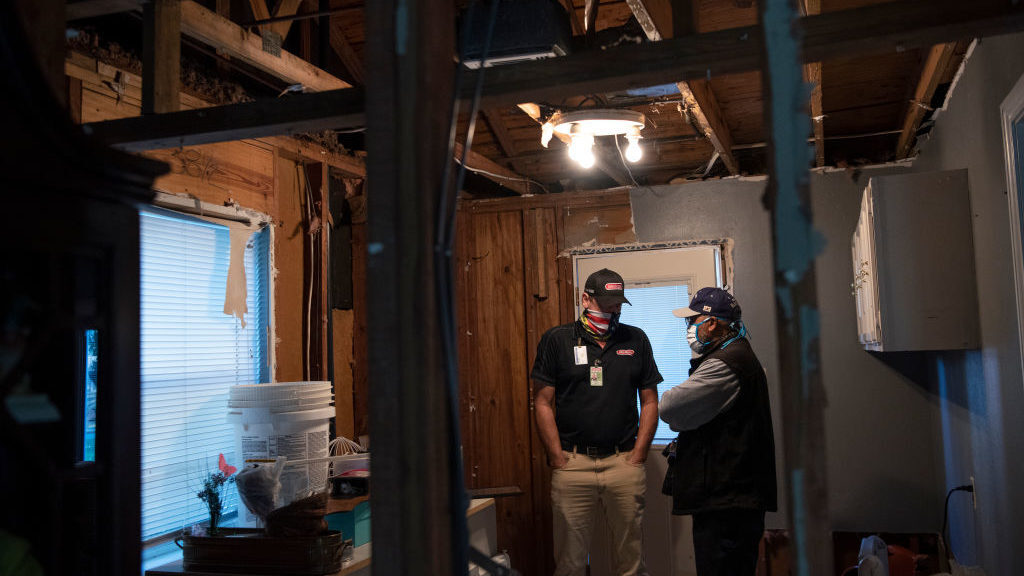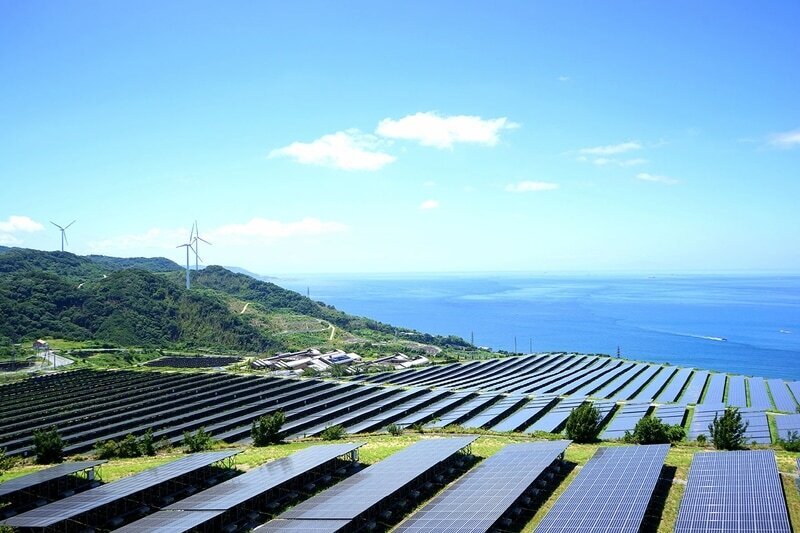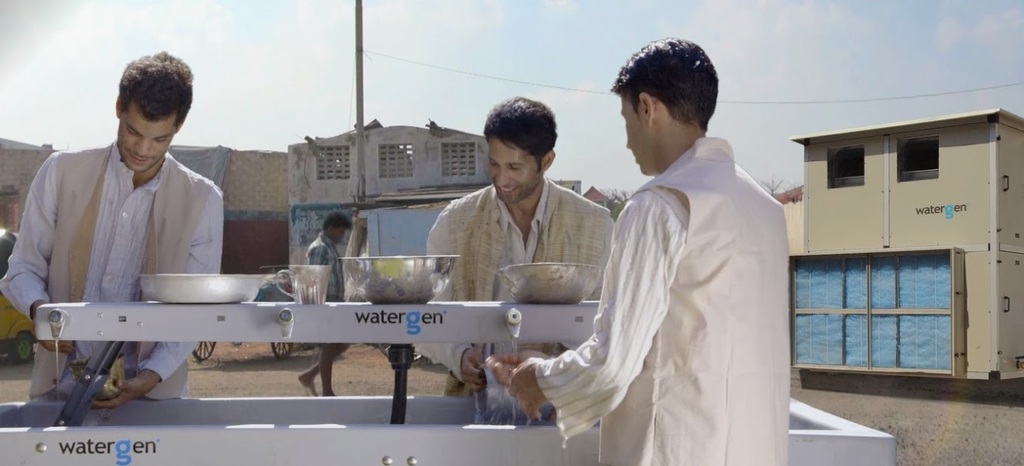While the State of Israel can fit into the state of Texas approximately 31 times, it has technological prowess that could help the Lone Star State reduce the chances of infrastructure collapses like the one that occurred after the record-breaking winter storm last week, and provide solutions if they fail.
The Electric Reliability Council of Texas, or ERCOT, the main company in charge of the Texas power grid, under-forecasted the amount of back-up energy it would need when demand vastly surpassed supply, especially during a time of crisis.
5 View gallery


Texans carry supplies through the streets of Austin during the recent winter storm
(Photo: AP)
This error was magnified after every power source failed, leading to electricity outages and rolling blackouts throughout the state that lasted for hours at a time.
These worst-case scenarios occurred against the backdrop of the state failing to upgrade its infrastructure to adapt to the weather.
Emek Sadot, CEO of FSight, a technology provider for forecasting and optimizing energy resources, says that while he cannot quantify exactly to what extent, he believes his technology would have helped the Lone Star State to, at the very least, better predict its energy needs.
“We would tap into the environment in the Texas electric grid, forecasting demand and supply based upon various attributes: previous historical demand and supply, weather, and expected weather conditions using machine learning and artificial intelligence,” he says.
“If they were using our technology, they could figure out in [advance] if there is going to be a storm and if the demand is going to be higher than expected and that the wind turbines would likely fail because it was too cold, leading to shortages in the supply capabilities,” Sadot says.
“The gap between less generation capabilities versus more demand triggers a virtual stages alarm,” allowing the Texas energy sector more time to prepare, he says.
Another Israeli high-tech option to find problems in Texas’s electric grid sooner is through automatic drones like those manufactured by the Israel-based Percepto company.
The drones monitor infrastructure activities, without human intervention. The equipment and cloud software are all that is required for the drones to operate.
The drone leaves its charging station and monitors the power line, then comes back to recharge, only to it again as scheduled.
“Our technology will help them get ready for disasters and make sure the infrastructure does not have any issues that will lead to failure within a few weather events,” says Dor Abuhasira, CEO and co-founder of Percepto.
“If we see somewhere the connection is not good, those areas will fail first in wind or even in cold.”
The electric grid was not the only utility to take a beating, as the frigid temperatures froze water pipes in homes and other buildings, some of which have been bursting.
Over 1.4 Texans were still without potable drinking water as of Wednesday afternoon, another area where Israeli high-tech can assist residents of the Lone Star State.
Technology created by the Israeli company Watergen, creates clean drinking water literally out of thin air, even in areas where the humidity level is only between 15% and 20%, producing liters of water within minutes.
“Rather than relying on some far-off water site that requires this tremendously complicated and centralized infrastructure, with our systems you have your water source exactly where you need it,” says Zach Fenster, vice president of government relations and business development at Watergen.
Depending on the size, a Watergen machine when operating around the clock, can generate up to 6,000 liters, enough to provide thousands of people with some 30 liters each for a home or office.
The machines suck in air and clean it even before turning it into water, Fenster explains. After cleaning, the machine cools the air.
“The technology we use while cleaning the air causes the water molecules, essentially the vapor in the air, to attach to one another and become heavy and turn into liquid,” Fenster says.
The water pulled from the air is further cleaned and sterilized by the machine, and then enriched with minerals including calcium, potassium, and magnesium before being stored in the machine until it is ready to be used, he says.
According to Fenster, the water issues in Texas after the storm highlight the severe drinking-water crisis prevalent around the globe for both rich and poor.
“Pipes are freezing over, which means no water is flowing, which only stresses the dependence on an outdated infrastructure; That’s true not just in Texas,” he says.
5 View gallery


Technician Troy Watts discusses the damage caused to the home of Willie Hunt after his pipes burst in the unprecedented winter storm that swept across Texas, Feb. 22, 2021
(Photo: Getty Images)
“The piping, the water infrastructure that was built decades ago, are made of metals that are rusting, secreting really harmful materials into the water,” he said.
Watergen might also appeal to the Texan mindset of doing things your own way.
“What is needed now is a solution that you can immediately deploy and save people’s lives,” he says, adding that a solution that requires long-term planning and investment that would take years to enact could ultimately be vulnerable to the same types of risks such as storms, or freezing.
“You are fully independent. … What could be more Texan and American than guaranteeing that people control their own water supply and their own destiny when it comes situations like this?” he says.
Food independence might also appeal to Texas pride.
In the immediate aftermath of the storm, there were food shortages in grocery stores due to supply chain disruptions, a problem exacerbated by the food spoiling from power outages.
Lines of people stretched around the block at grocery stores in Austin and Houston, with people waiting only to find empty shelves.
Israel high-tech may also be able to help alleviate this problem by reducing the dependency on supply chains.
Guy Elitzur, CEO of Vertical Field, an agricultural technology firm specializing in vertical farming, or growing crops in stacked layers, says that crops can be grown “semi-automatically” with climate control and fertilization, where the only work humans have to put in is the planting and the harvesting.
“What we are trying to aim for is to grow the food where it is consumed in a way that doesn’t depend on any long supply chains, transportation and other external parameters, that will be able to provide for secure food consumption constantly,” he says.




